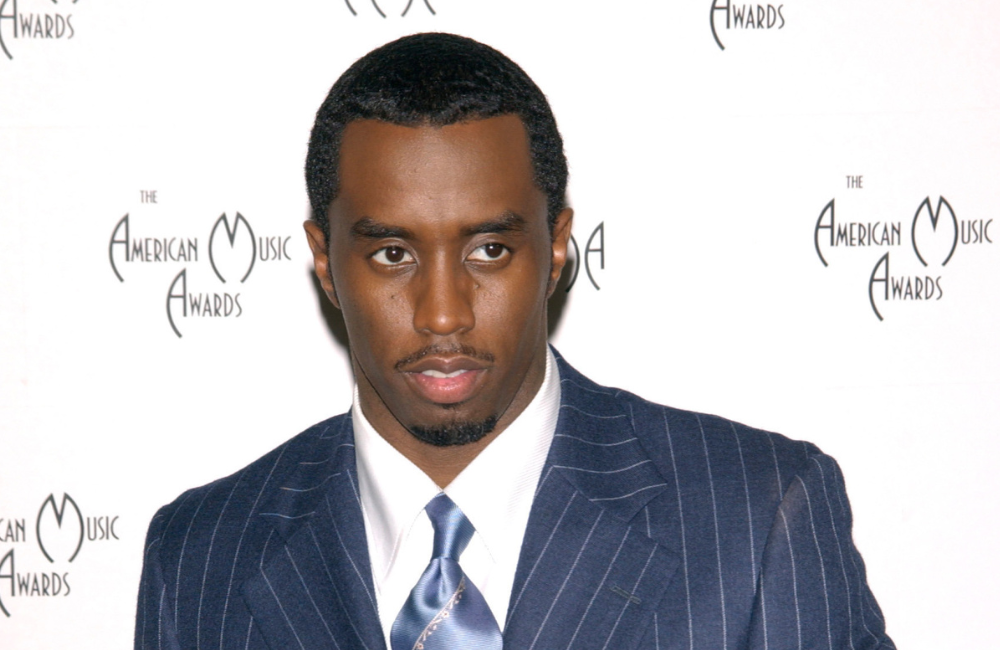Sean ‘Diddy’ Combs has been accused of keeping a list of showbiz enemies. This revelation emerged during one of the most closely watched celebrity trials in recent years, drawing significant media attention and public scrutiny.
The rapper, 55, is continuing to face damning testimonies as his trial for sex trafficking and racketeering continues in New York following a Memorial Day break. Federal prosecutors have built their case around allegations spanning over a decade, presenting evidence that includes witness testimonies and documented communications.
Capricorn Clark, a former assistant to Combs, took the stand on Tuesday (27.05.25) to say Combs maintained a “list of celebrity enemies”, including Suge Knight and Curtis Jackson, 48, better known as 50 Cent, among a list of enemies. Clark’s testimony revealed insights into the inner workings of Combs’ business operations during her employment period.
She added she overheard Combs discussing firearms during a conversation about 50 Cent, shortly after a press event at MTV. The testimony highlighted ongoing tensions within the hip-hop industry, where personal and professional disputes have historically created lasting rivalries.
“He said, ‘I don’t like the back and forth, I don’t like that. I like guns,'” Capricorn told the court. This statement has become a pivotal piece of evidence for prosecutors seeking to establish a pattern of threatening behavior and intimidation tactics.
While Combs has publicly denied having a feud with his fellow rapper, 50 has frequently criticized him on social media. The longstanding tension between the two artists has played out publicly through various platforms, creating a well-documented history of their contentious relationship.
“Wait a minute PUFFY’s got a gun, I can’t believe this I don’t feel safe,” the rapper posted on Instagram on Tuesday, following Clark’s testimony. The post was accompanied by an AI-generated image of himself on a film set, quickly gaining widespread attention across social media platforms.
Combs has denied all charges brought against him, and so far his case, now in its third week, has seen testimony from multiple high-profile witnesses, including former employees, artists and collaborators. The proceedings have attracted significant legal expertise, with seasoned attorneys representing both sides of the contentious case.
Scott Mescudi, 40, known professionally as Kid Cudi, has already testified Combs broke into his Hollywood Hills home in 2011 after discovering he was dating singer Cassie Ventura. The alleged incident represents one of several accusations involving personal relationships and business conflicts.
“It was clearly an intimidation tactic,” he alleged weeks later, his car was set on fire, and he told the court. The vehicle destruction allegedly followed the home invasion, creating a pattern of escalating incidents according to witness testimony.
Dawn Richard, 40, a former member of the girl group Danity Kane, and Cassie Ventura, 37, the trial’s main accuser, have also delivered testimony implicating Combs in a pattern of controlling and violent behavior. Their accounts describe systematic abuse spanning multiple years, with detailed descriptions of alleged misconduct and manipulation.
Combs‘ legal team maintain he is not guilty of sex trafficking or racketeering. His defense attorneys argue that the government’s case relies on unreliable witnesses with personal vendettas and financial motivations for their accusations.
Other high-profile names mentioned so far during his trial include Michael B Jordan, 37, Barack Obama, 62, and Britney Spears, 42, though none of them have been accused of any wrongdoing. These references primarily relate to social connections and professional relationships within the entertainment industry ecosystem.
The trial continues at the United States District Court in Manhattan, with Combs facing life in prison if convicted. Legal observers note the case’s significance extends beyond individual consequences, potentially impacting broader industry practices and accountability measures.
Federal prosecutors have indicated they may call additional witnesses as the case progresses, suggesting more revelations could emerge in coming weeks. The extensive witness list includes various entertainment industry figures who have had professional interactions with the defendant.
The case has reignited discussions about power dynamics in the music industry and the culture of silence that has historically protected influential figures from scrutiny. Industry professionals are closely monitoring the proceedings, recognizing potential implications for future business practices and professional relationships.
Media coverage has been extensive, with journalists providing detailed coverage of daily court proceedings and legal developments. The trial represents a watershed moment for accountability in entertainment, potentially establishing new precedents for how allegations against powerful figures are investigated and prosecuted.















